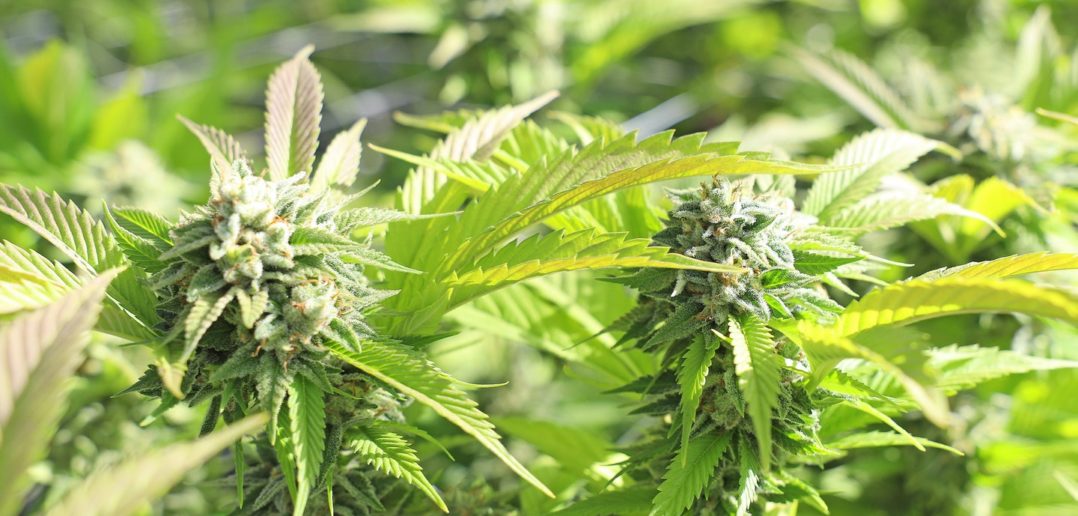A compound of cannabis has been found to be able to kill the bacteria responsible for gonorrhoea, meningitis and legionnaires disease. The medical breakthrough could lead to the first new class of antibiotics for resistant bacteria in over half a century.
In a recent study, researchers from the University of Queensland and Botanix Pharmaceuticals found that cannabidiol or “CBD”, the main non-psycho-active component of cannabis, can penetrate the membranes and kill a wide variety of bacteria, including Neisseria gonorrhoeae, which causes the sexually transmitted disease.
The compound was found to be particularly effective in breaking down the biofilms produced by these bacteria that make them so difficult to treat. University of Queensland Institute for Molecular Bioscience’s Associate Professor Mark Blaskovich explained: “This is the first time CBD has been shown to kill some types of Gram-negative bacteria. These bacteria have an extra outer membrane, an additional line of defence that makes it harder for antibiotics to penetrate.”
The study also showed that CBD was effective against a broad array of Gram-positive bacteria, including antibiotic-resistant pathogens such as the deadly ‘hospital superbug’ MRSA (methicillin-resistant Staphylococcus aureus). Further, the compound does not promote antibacterial resistance, and so could prove to be an effective weapon to fight against the rise of drug resistant bacteria, which the UN warns could kill an estimated 10 million people per year by 2050 unless a solution is discovered.
After the publication of the study, consultant neurologist Professor Mike Barnes told Metro that a CBD-based treatment for bacterial infections could be available for prescription on the NHS within a few years. He said: “‘To get something that helps against this antibiotic resistant gonorrhoea, which is a WHO top priority, you would hope that it would be fast-tracked through the approval system to get this onto the market as soon as possible…I think we’re five years plus away, a pessimist might say 10 years, I think that’s too much given the plethora of research at the moment.”
Until now, CBD has only proven effective as a topical treatment against bacterial infection, with Botanix Pharmaceuticals itself already conducting a phase 2a clinical trials for a topical CBD formulation for the decolonisation of MRSA before surgery. However, this breakthrough demonstrates the promise the compound has when taken in pill or other forms.
CBD is already being prescribed by doctors around the world to help treat a broad number of ailments from multiple sclerosis (MS) to childhood seizures and as an unregulated supplement it is widely used to help manage anxiety, insomnia, and chronic pain. However, more information about CBD oil is needed to determine effective doses for each condition.
Whilst cannabis remains illegal in many countries around the world, including the UK, CBD has entered the mainstream in recent years. According to one estimate, as many as 1.3 million people in the UK use CBD oil in one way or another, with the market predicted to be worth almost £1bn by 2025. The compound is legal and can be found in a wide range of products in today’s high street stores, from vape liquids and gummy bears to sexual lubricants, but is most commonly found as CBD oil.




